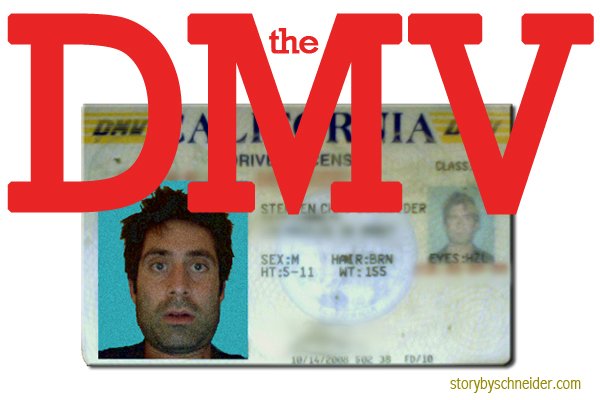
One of the most annoying things about moving is having to update your information with all of the appropriate agencies. This includes your driver’s license, vehicle registration, and voter registration – all of which is done at the Department of Motor Vehicles.
Know Your Time-frame!
Before you move, make sure to check the DMV rules of your new state. Each state has different time-frames for how long you can drive with your old license and registration. For example, California only gives you 10 days to apply for a new license and 20 days to register your vehicle. By contrast, Texas gives you 90 days for getting a new driver’s license and 30 days for registering your vehicle.
Make an Appointment Early
Because you have a limited time-frame to update your driver’s license and vehicle registration, you should make your appointment with the DMV early. Do this before you even more out of your old residency! You will be so busy during the move that you might forget to make the appointment or be stuck with an appointment at an inconvenient time.
Gather All Documents in Advance
To get a new driver’s license, you usually need proof of your Social Security number, your old driver’s license, proof of your identity, and proof of residency. If you don’t already have the required documents (like your birth certificate), it can take a while to get them – so it is generally best to get all of these documents gathered before you move.
Research Vehicle Insurance
If you have to switch your vehicle insurance when moving, make sure you have this set up before you move. You will be required to show proof of valid insurance for your vehicle before you can register it. Remember to make a copy of your proof of insurance as the DMV will keep a copy.
Find Out Inspection Requirements
Many counties now require emission checks and other inspections before you can register your vehicle. You will want to research this information before the move. Many states require you to have your vehicle checked at approved stations which are within the state, so you may not be able to get your vehicle checked in your current state if you are moving to a new state. Luckily, there usually isn’t too much of a waiting time to get inspected.
